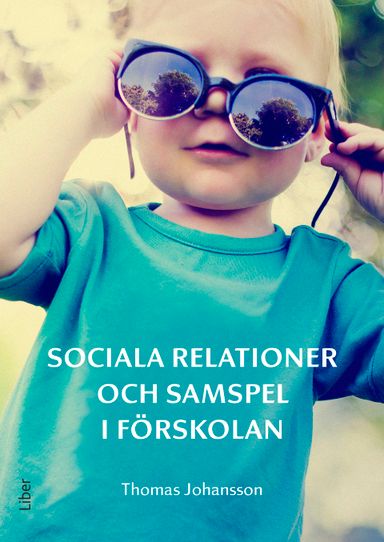

The Oxford Handbook of Social Exclusion
- Utgiven: 2013
- ISBN: 9780195398700
- Sidor: 330 st
- Förlag: OUP USA
- Format: Inbunden
- Språk: Engelska
Om boken
Since its inception, the field of psychology has emphasized the importance of creating and maintaining social connections. Though theorists often disagree on how and why people form and maintain relationships, they agree on the importance of having a few positive and lasting relationships, and on the seriousness of social exclusion. The Oxford Handbook of Social Exclusion offers the most comprehensive body of social exclusion research ever assembled. Bringing together contributions from leading scholars from a wide variety of theoretical perspectives, this volume explores: - why people have a need to belong, why people exclude others, and how people respond to various forms of social exclusion. - research on how social exclusion affects people according to their stage of development, their involvement in romantic relationships, and within their work relationships. - the power of social exclusion in shaping a variety of behavioral and cognitive processes. - research on how to reduce the often negative consequences of social exclusion. This is an exciting time of proliferation in social exclusion research, as new findings spark new questions regarding the causes and consequences of social exclusion. Both stimulating and foundational, the current research and theories presented in this handbook represent a fertile area of study from which future insights can be gained.
Åtkomstkoder och digitalt tilläggsmaterial garanteras inte med begagnade böcker
Mer om The Oxford Handbook of Social Exclusion (2013)
I mars 2013 släpptes boken The Oxford Handbook of Social Exclusion skriven av C Nathan Dewall. Den är skriven på engelska och består av 330 sidor. Förlaget bakom boken är OUP USA.
Köp boken The Oxford Handbook of Social Exclusion på Studentapan och spara pengar.
Referera till The Oxford Handbook of Social Exclusion
Harvard
Dewall, C. N. (2013). The Oxford Handbook of Social Exclusion. OUP USA.
Oxford
Dewall, C Nathan, The Oxford Handbook of Social Exclusion (OUP USA, 2013).
APA
Dewall, C. N. (2013). The Oxford Handbook of Social Exclusion. OUP USA.
Vancouver
Dewall CN. The Oxford Handbook of Social Exclusion. OUP USA; 2013.



















